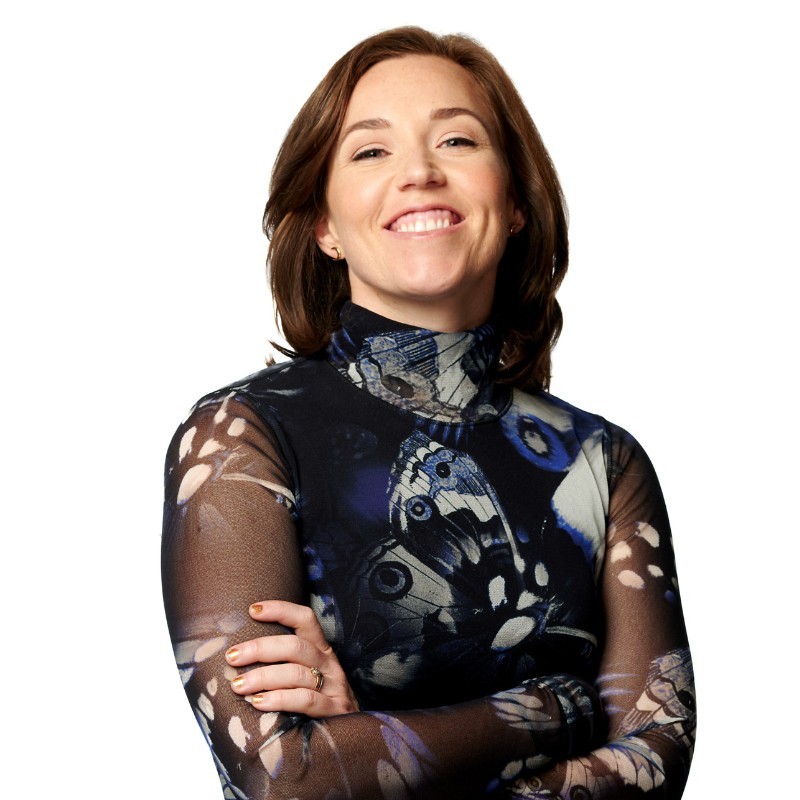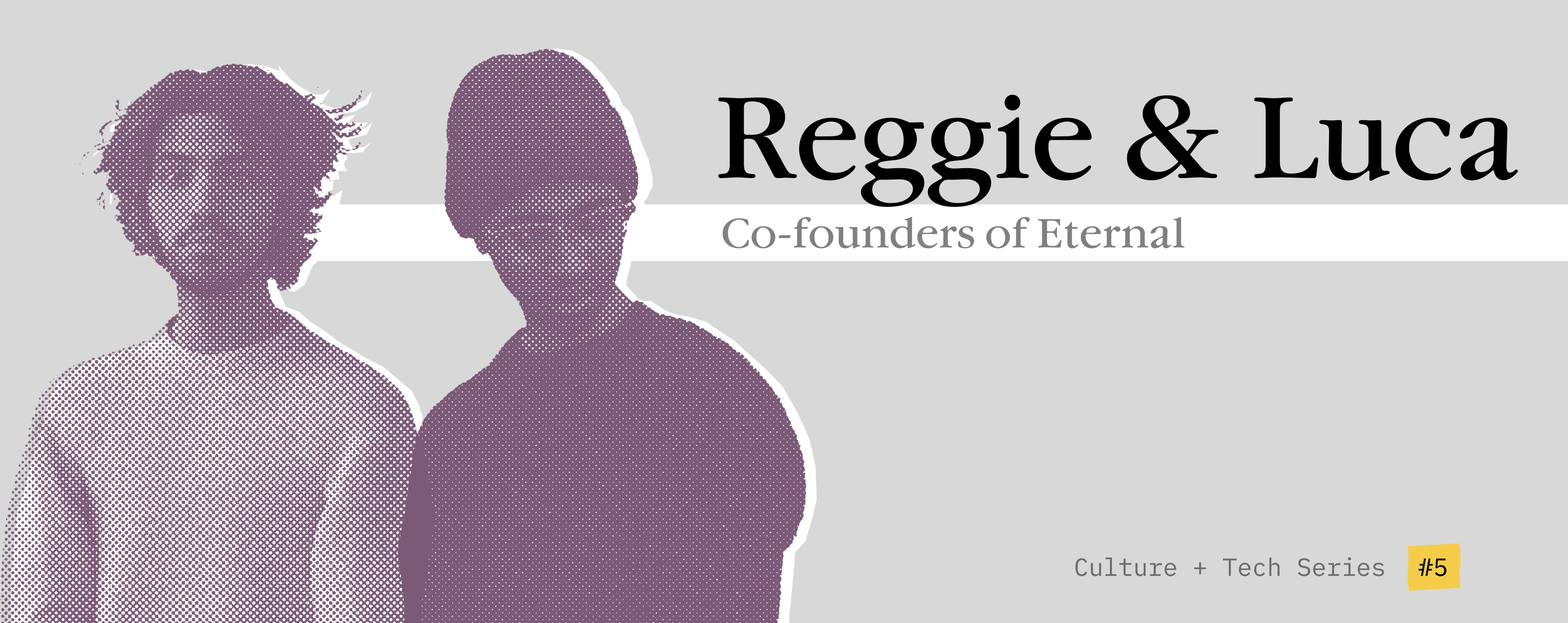
If you go to Eternal’s home page, you’ll find Baudrillard and Sorkin, a series of Psalms, “a whole new eternal.” Functionally, Eternal is a form of mobile metaverse where groups of friends can hang out together, build things, go on adventures. The collapse of gaming spaces and social spaces sets the stage for this new world. A deliberate move away from a centralized, algorithmically oriented, attention machine.
Reggie James and Luca Repola are poets of experimentation. For them, building product is a spiritual process. We led Eternal’s pre-seed round and I have the honor of working closely with them on the board.
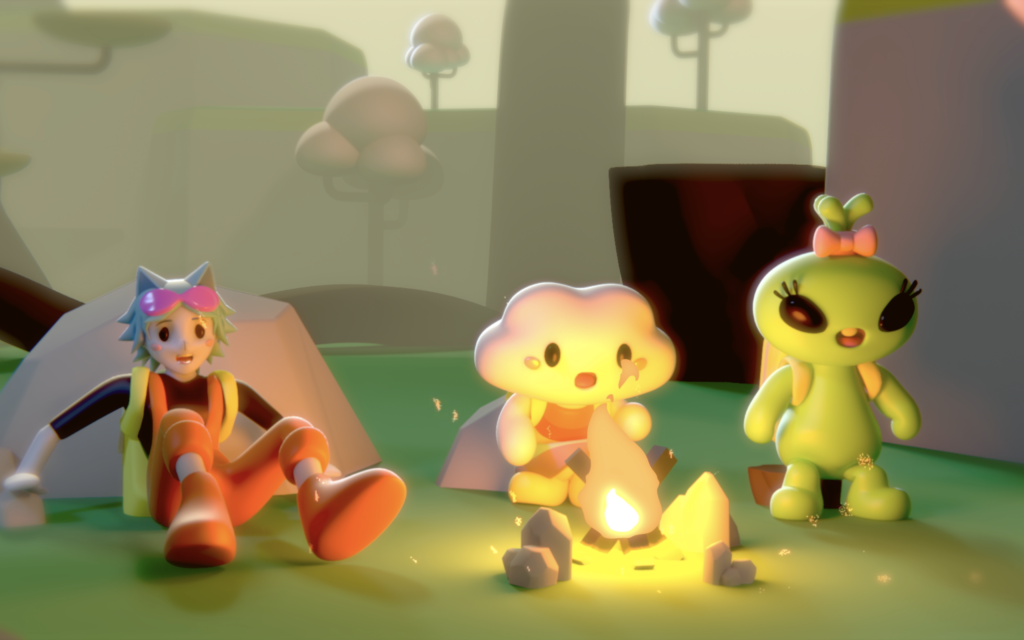
Kate McAndrew: Situate us in time and space. Where are you?
Reggie James: Steering a ship that has ten oars, but there’s only like five of us. So there’s a lot of tentacles everywhere.
Luca Repola: Restless of LA. Trying to get back to New York and hanging with Reggie.
Kate: I remember when we were just getting to know each other, you said, This company WILL be in New York. And I thought, Why? But you guys were adamant. How do you think New York as a place has influenced Eternal?
Luca: Culturally it’s been the defining part of Eternal. New York provides that kind of youthful hustle we thrive on. New York in a way also represents some sort of a struggle. Whether it’s seasonal or mental or financial.
Reggie: Part of it is a level of angst I wanted fully injected. That unapologetic notion of No, this is very much my opinion.
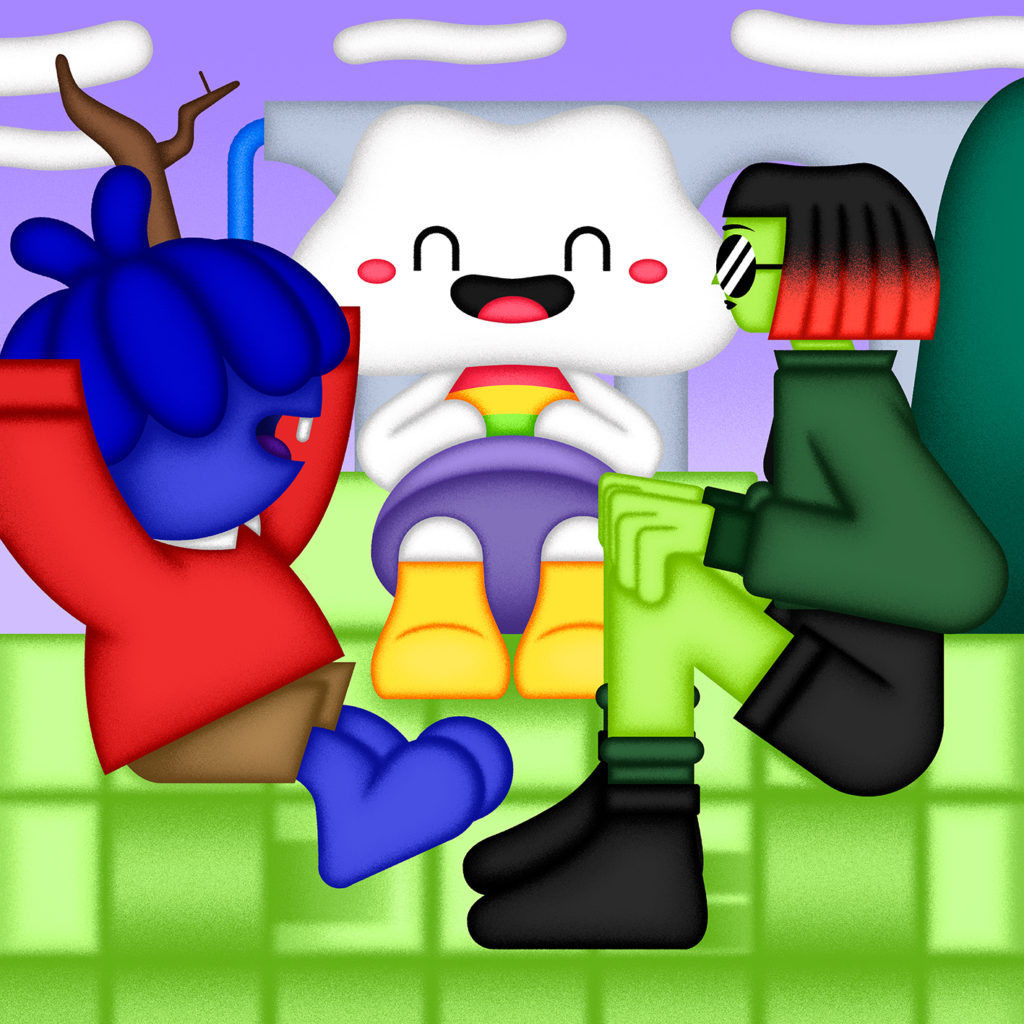
Kate: When I think of Eternal, I think of it as an identity company and I’m curious about your perspective on this.
Reggie: At the core, I do think we’re an identity company. The core thesis is group identity informs a mutual identity. That overarching framework is how we view not only design decisions from an interactive perspective but also, the architecture of how the network is built. At the end of the day, that’s always what it comes down to: I have this space with a group of friends. I’m able to discover other groups of friends. It’s kind of like going to a house party and seeing multiple friend groups in that one space. What happens when these groups mesh? More times than not a whole new group forms.
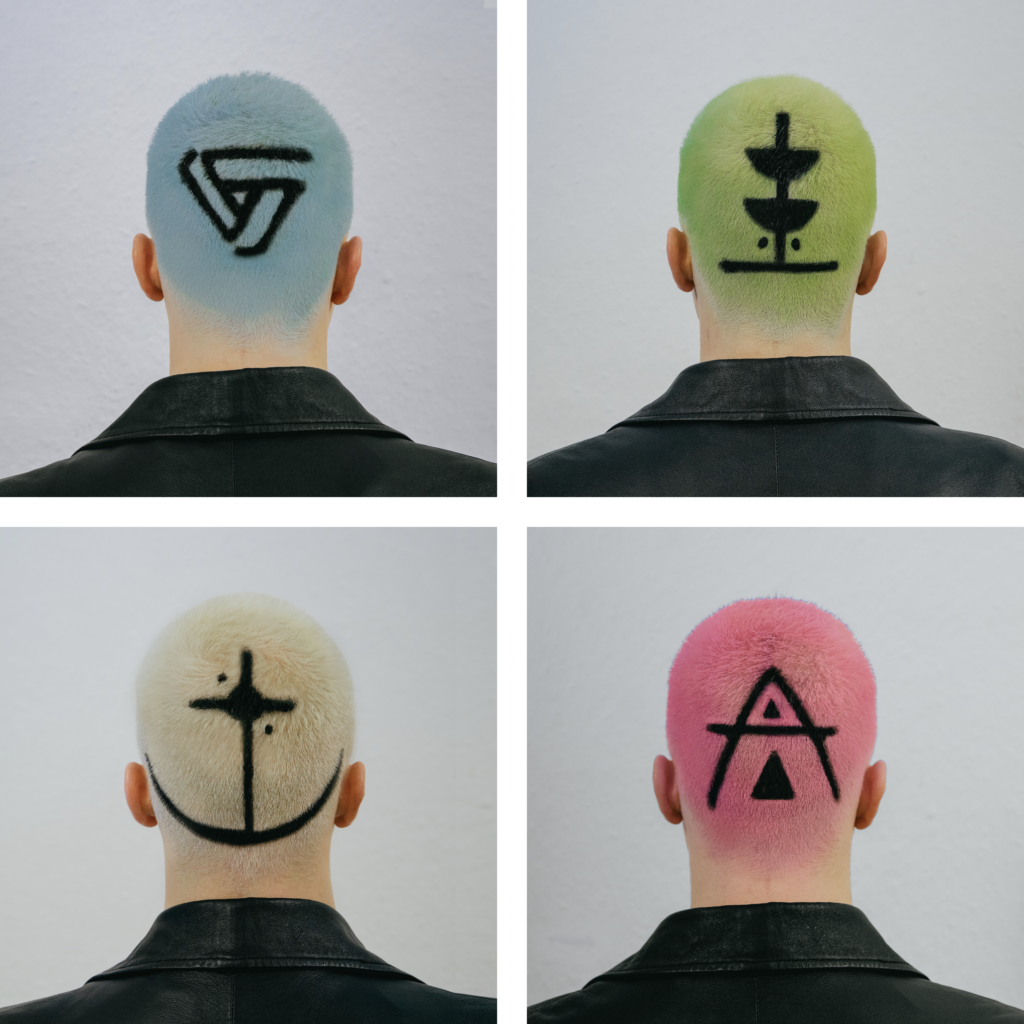
Kate: This transition from the individual to the group is really fascinating. In 2021, who or what do you think is emblematic of where identity currently is within the culture?
Reggie: The group is the most powerful identity force. We’re interested in this idea of We/Us. What people are really obsessed with all revolves around the modern Seinfeld/Friends group. The Mr. Beast gang is about Mr. Beast, but it’s also about his five homies who are in every video. Kids want to be part of that friend group. They want to embrace that friend group as their own.
The group is the most powerful identity force.
Kate: I’m curious about the areas where Eternal flirts with, or fully goes into, the ethos of decentralization generally, and more specifically what your philosophy is regarding cryptocurrency.
Reggie: In terms of crypto, we’re primarily focused on NFTs right now. As digital objects that can transfer between many different states, NFTs are natural for us. We think about everything from a group identity layer so we’re thinking about group ownership. We’re playing around with shared inventory so everything the group owns can be visualized and utilized amongst the individuals. It’s absolutely wild to consider the repercussions of implementing a clean internal NFT system and having them play into your group’s utility in world, beyond simple display like we see now, working towards generative value for the group. On my most unhinged days I do think we can solve a very interesting form of new platform economics, which would have pretty far reaching effects.
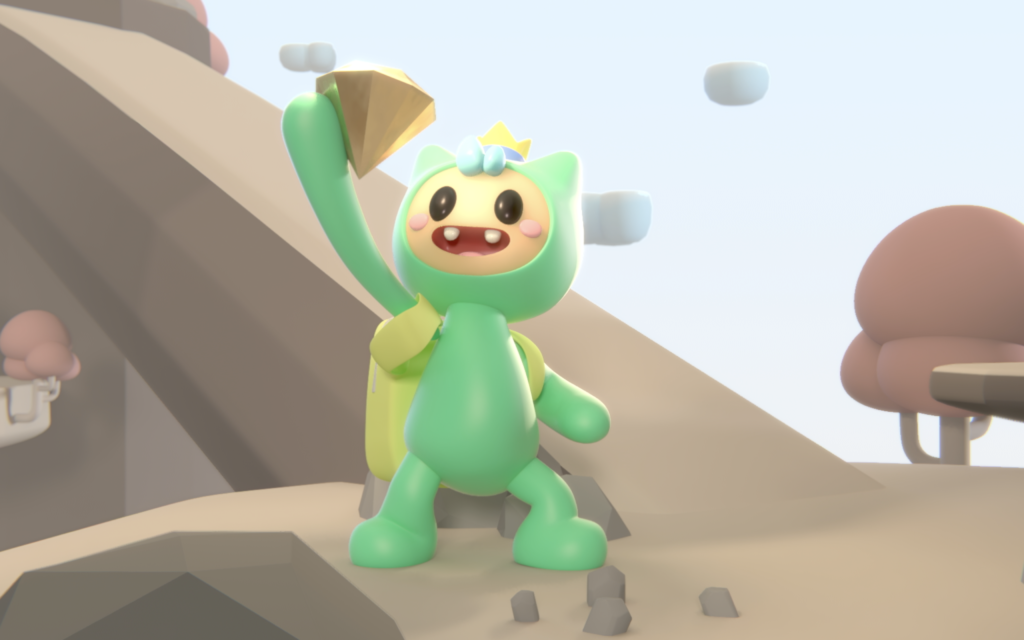
Kate: That’s really interesting. In the old paradigm, we had individual ownership of digital goods, and we could trade those singularly. In this Eternal paradigm, we push further toward the collective.
Reggie: Exactly. And something we think a lot about that is maybe wider than our crypto ethos is self-governance. What are the mechanisms to allow groups to band together, create neighborhoods, and start to self-govern that corner of the platform? What does that kind of community building look like? We’ve been very focused on neighborhood formation and people really choosing spatially where they want to be. This is something an algorithm doesn’t allow for.
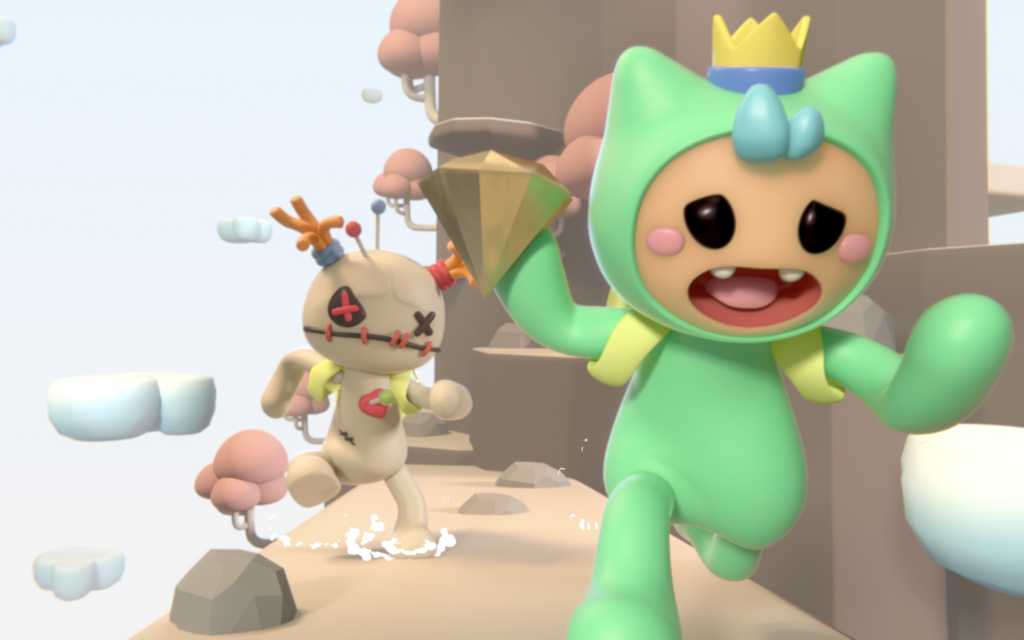
Kate: Right. This changes the agency paradigm. In the traditional algorithmic modus, a centralized other is deciding who and what you should see at a given moment. And in the paradigm you’re describing, the community members are deciding what their neighborhood looks like, and who they’re next to at a given moment.
Reggie: A hundred percent. Peter Thiel talks about how AI is communistic and you know, with the algorithm, with ML, there’s an invisible hand pushing people towards each other and pushing them away from each other. There’s a very high sense of agency when things are spatial and people can choose where they go. It’s natural to the human psyche to choose your own neighborhood. I can choose to live on Clinton Hill, which says something about me. So there’s a whole new layer of spatial identity we can give people that is lost on typical social (in games a bit less so.)
There are a lot of interesting implications when you embrace a self-governance mindset. We want to allow culture to really form without so much platform decision-making and top-down behavioral structures.
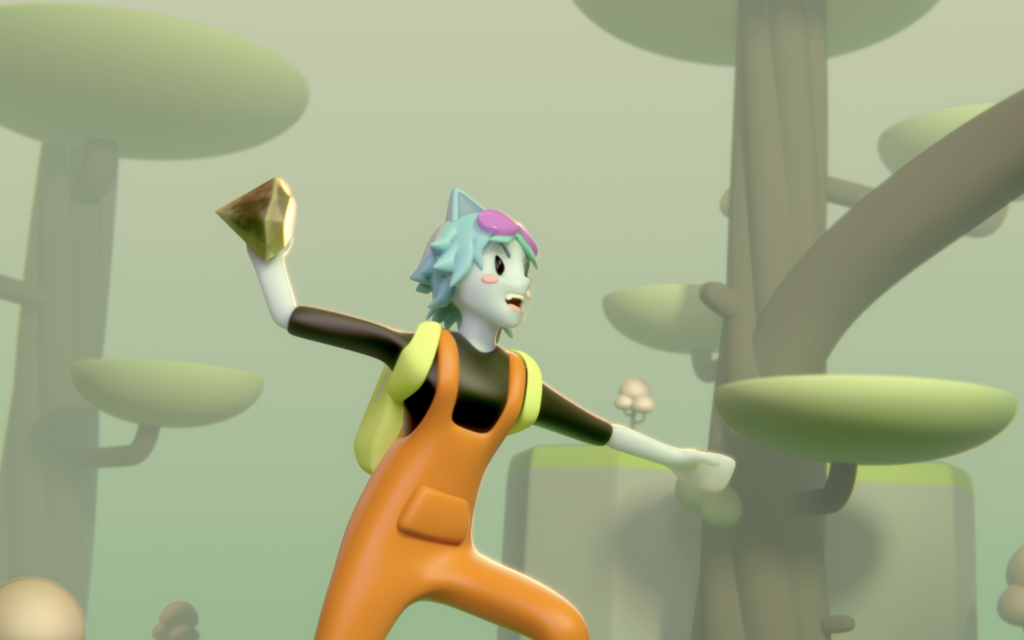
Kate: I’m always looking for companies that meet shifts in culture in a way that’s enabled by a new technology. It’s interesting that you could not have built Eternal two years ago.
Reggie: Part of that was simply a hardware issue. If you run Eternal on an iPhone 6, your battery is going to explode. But running Eternal on an iPhone 12 is icy cool. And it looks beautiful.

Kate: We have an affinity for interdisciplinary teams. That was something I noticed about you guys from the beginning. Luca, you have an art background. And Reggie, you went to Wharton. How do you see yourselves as a collaborative team and how do you work together?
Luca: As two co-founders, we would often pitch the left brain/right brain duality of us. That has been something we’ve tried to maintain as a way of keeping some sort of structure. But I think we’ve both encouraged each other to think about the other side and gain that perspective.
Reggie: There are times now when Luca might be working on this whole new aesthetic wave and he’ll say, I have no idea what to call this. And he’ll show it to me. And I’ll be like, that’s Baroque Terminal!
I think our shared mutual love is probably media theory. Looking at media & aesthetic. Trying to articulate what’s going on. When we look at a product together, we have very different opinions. It drives really great…I shouldn’t say arguments…really great probes.
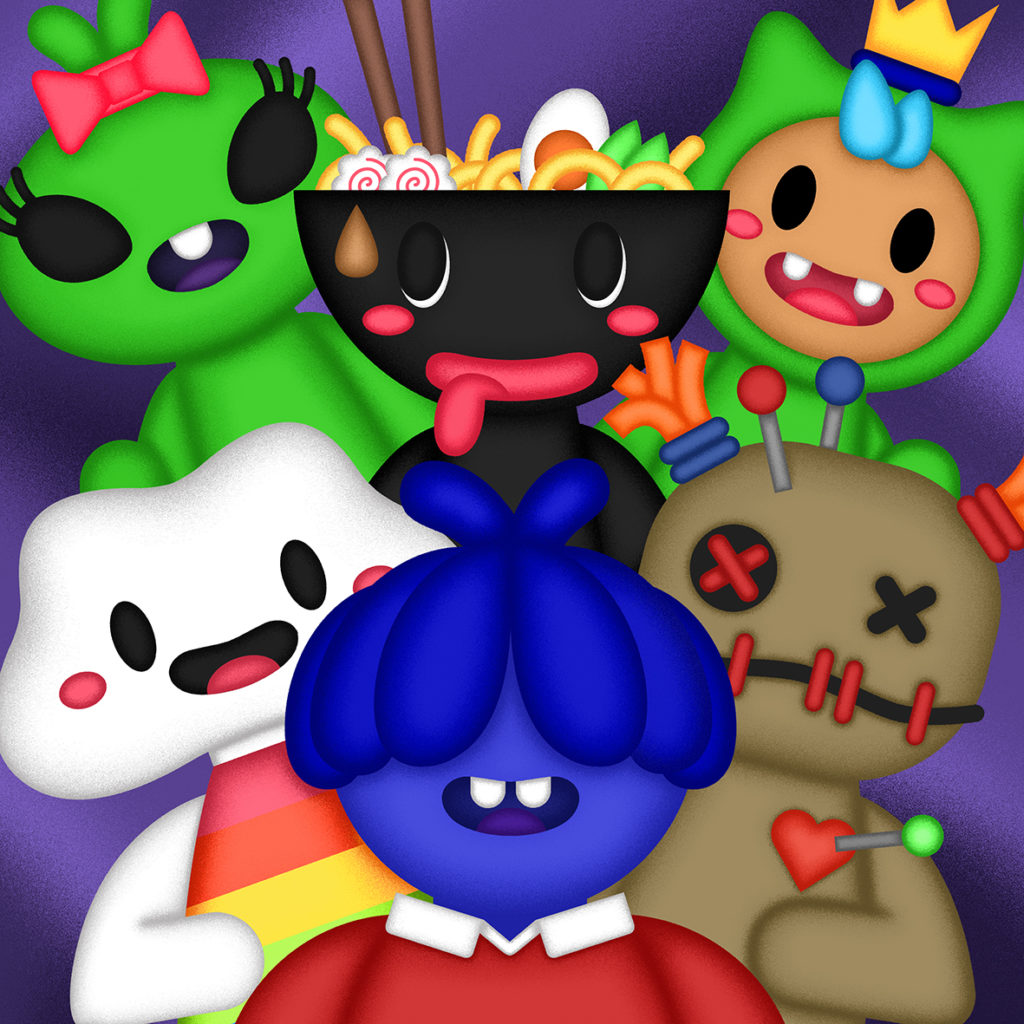
Kate: I’m honored to be on your board. I know when I first suggested it, you were surprised we wanted to do board meetings so early in the company’s life. What’s it like to have a Board at this stage?
Luca: Trying to run a million miles an hour, you have to reflect pretty consistently in order to see where you f*%&@d up and where you’re going. Reggie and I really value reflection, both good and bad, because that’s how we’re learning right now.
Trying to run a million miles an hour, you have to reflect pretty consistently in order to see where you f*%&@d up and where you’re going.
Reggie: To prep for every Board meeting, you really are going back through your journals of what the last month was, discussing that with your co-founder. I really like laying all that out. It’s a very out-front process. And I think that level of out-frontness allows for out-frontness to come from the Board. So we’ve never really been like, Do you think they’re happy with us? No, we know exactly how they feel. And we know exactly where we messed up. It really becomes less about presenting and more a coaching session for us to get back out into the game.
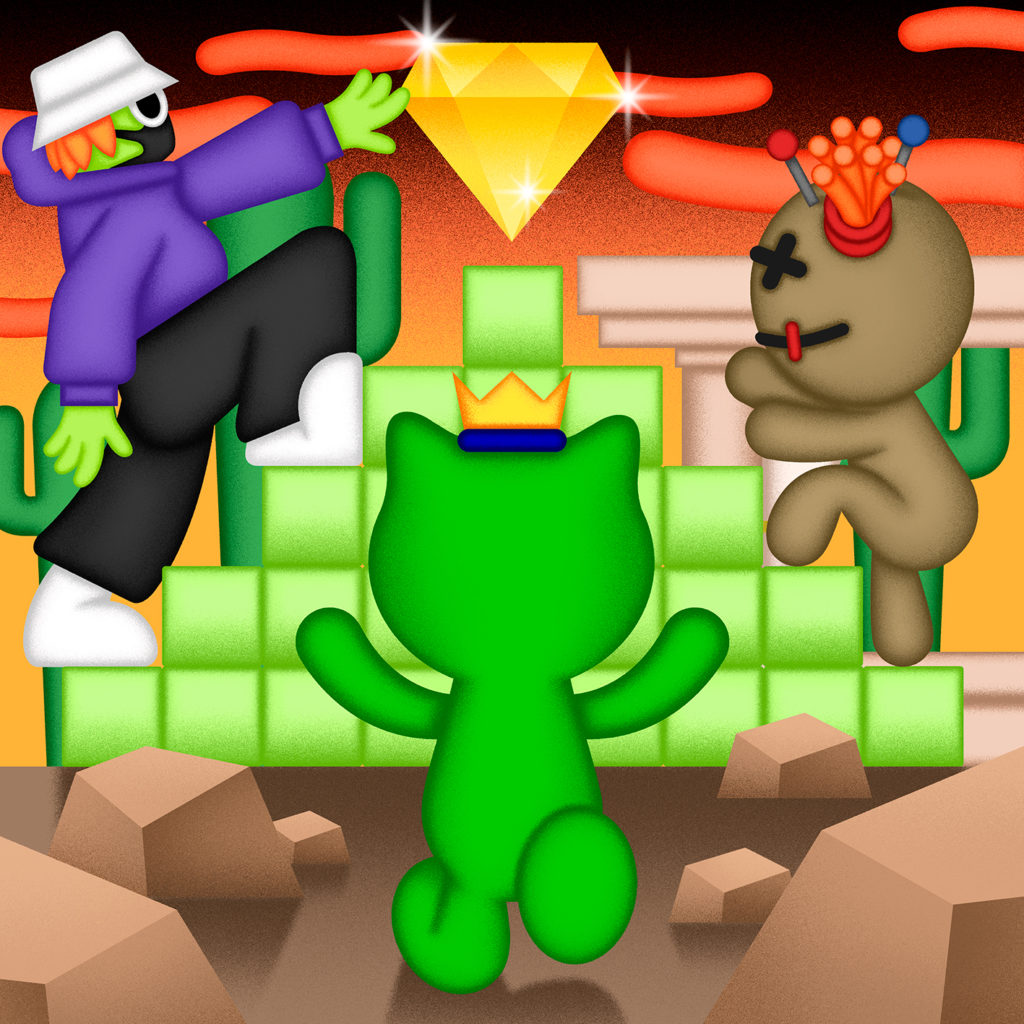
(The interview has been edited & condensed.)
Bolt invests at the intersection of the digital and physical world.
